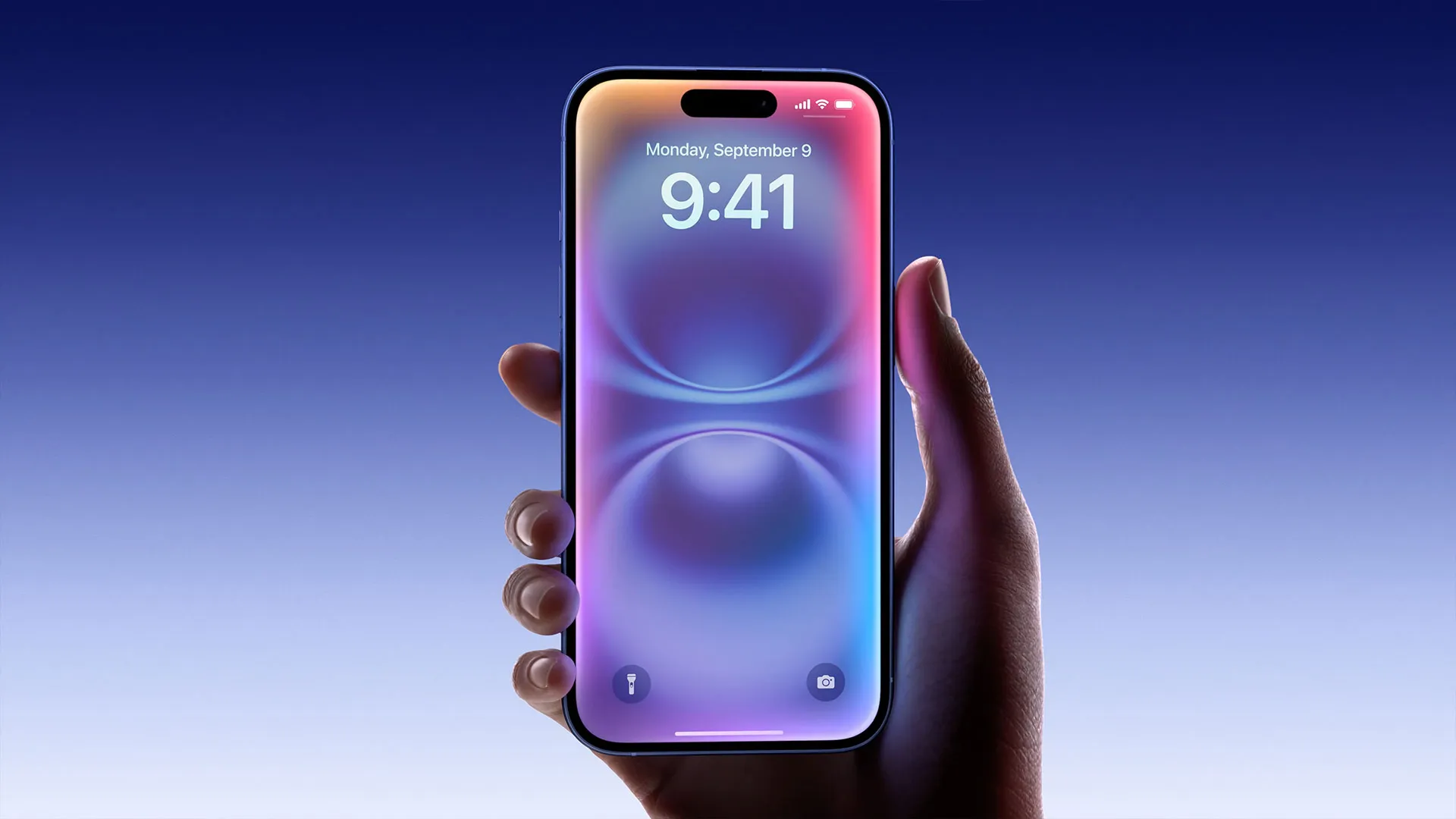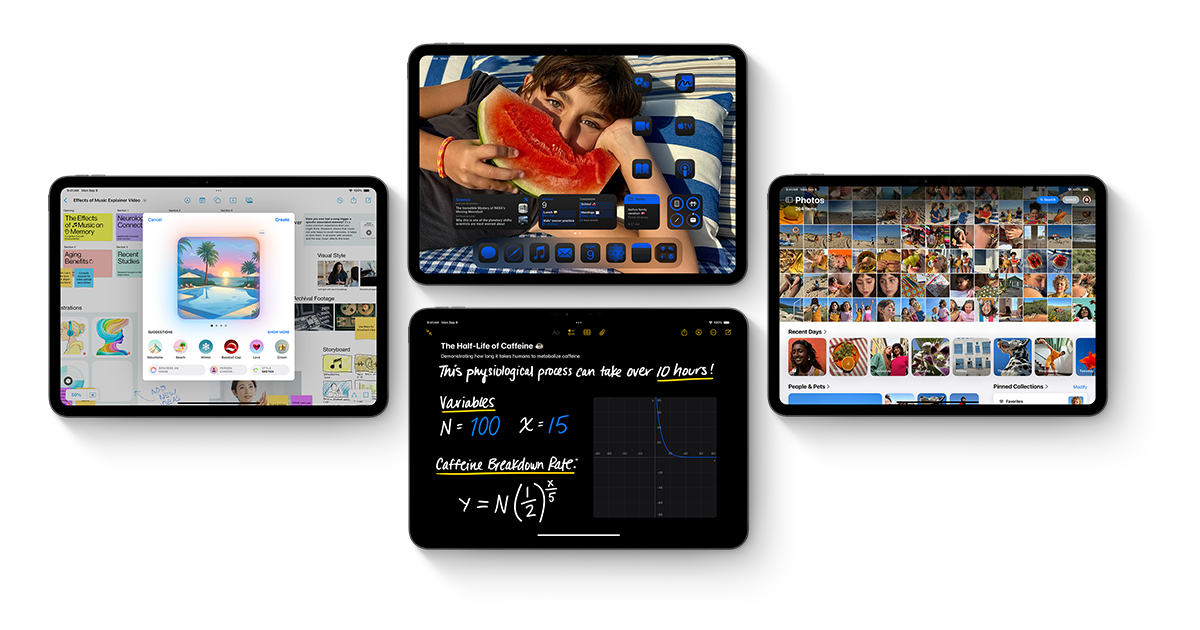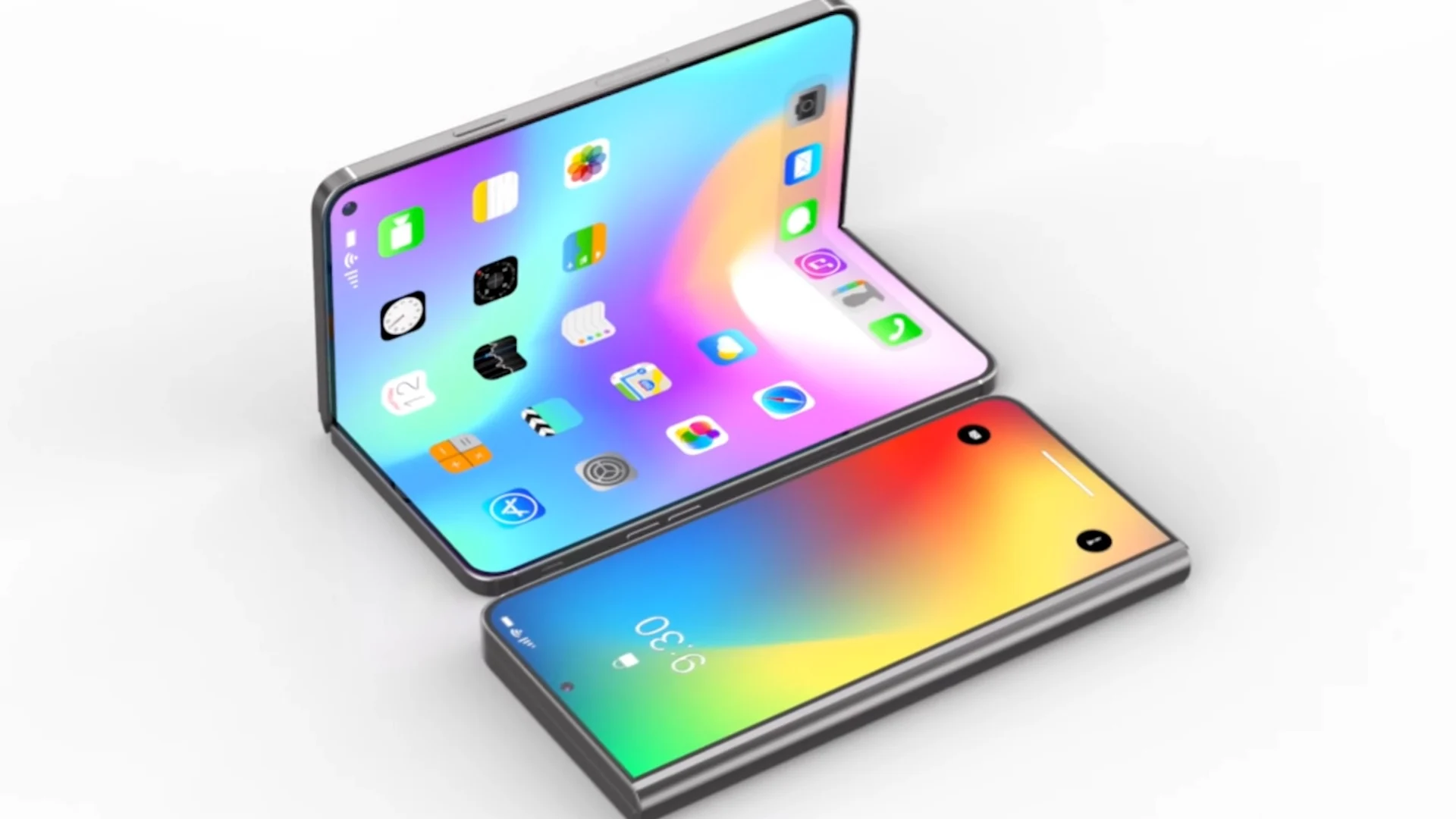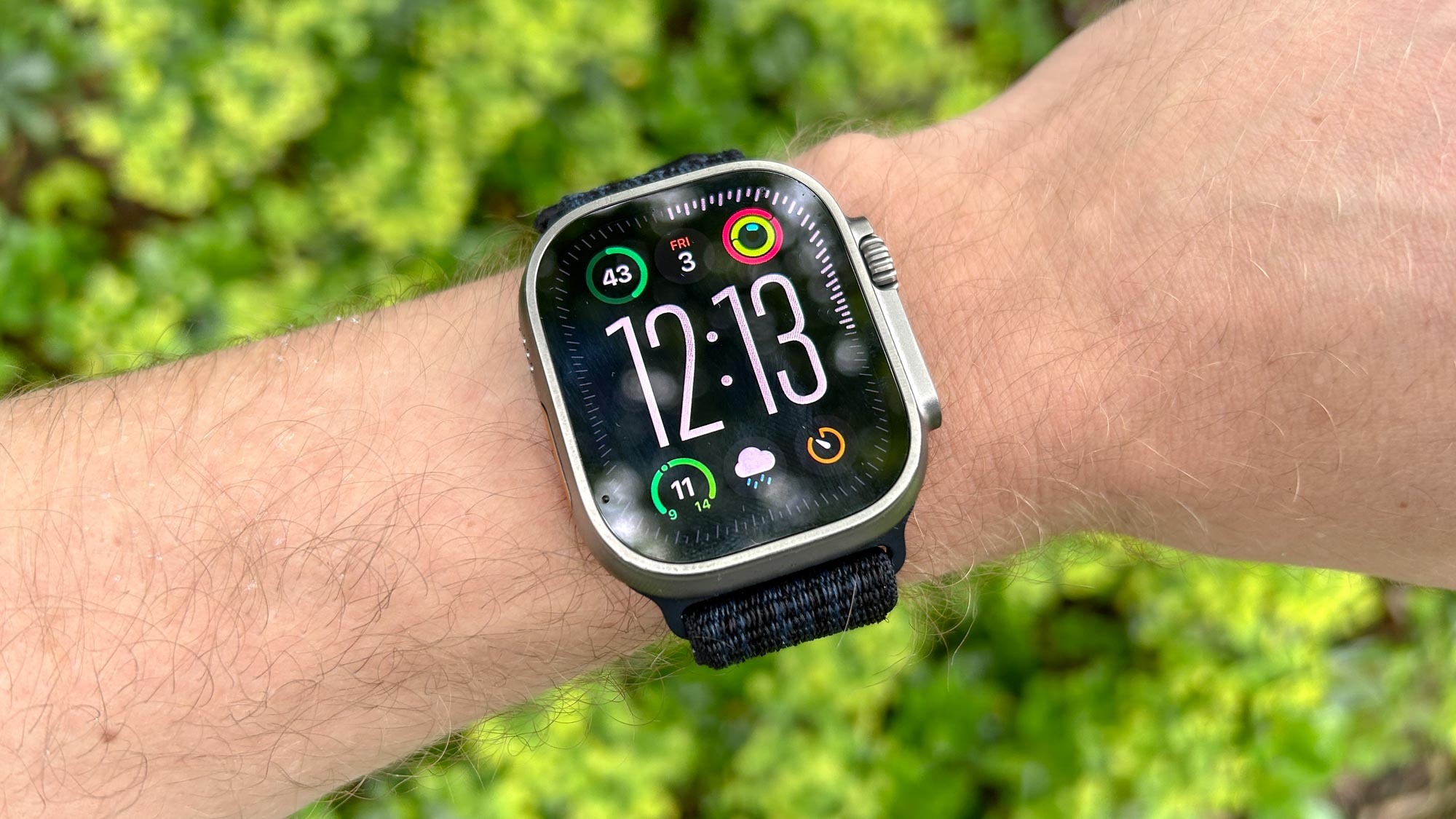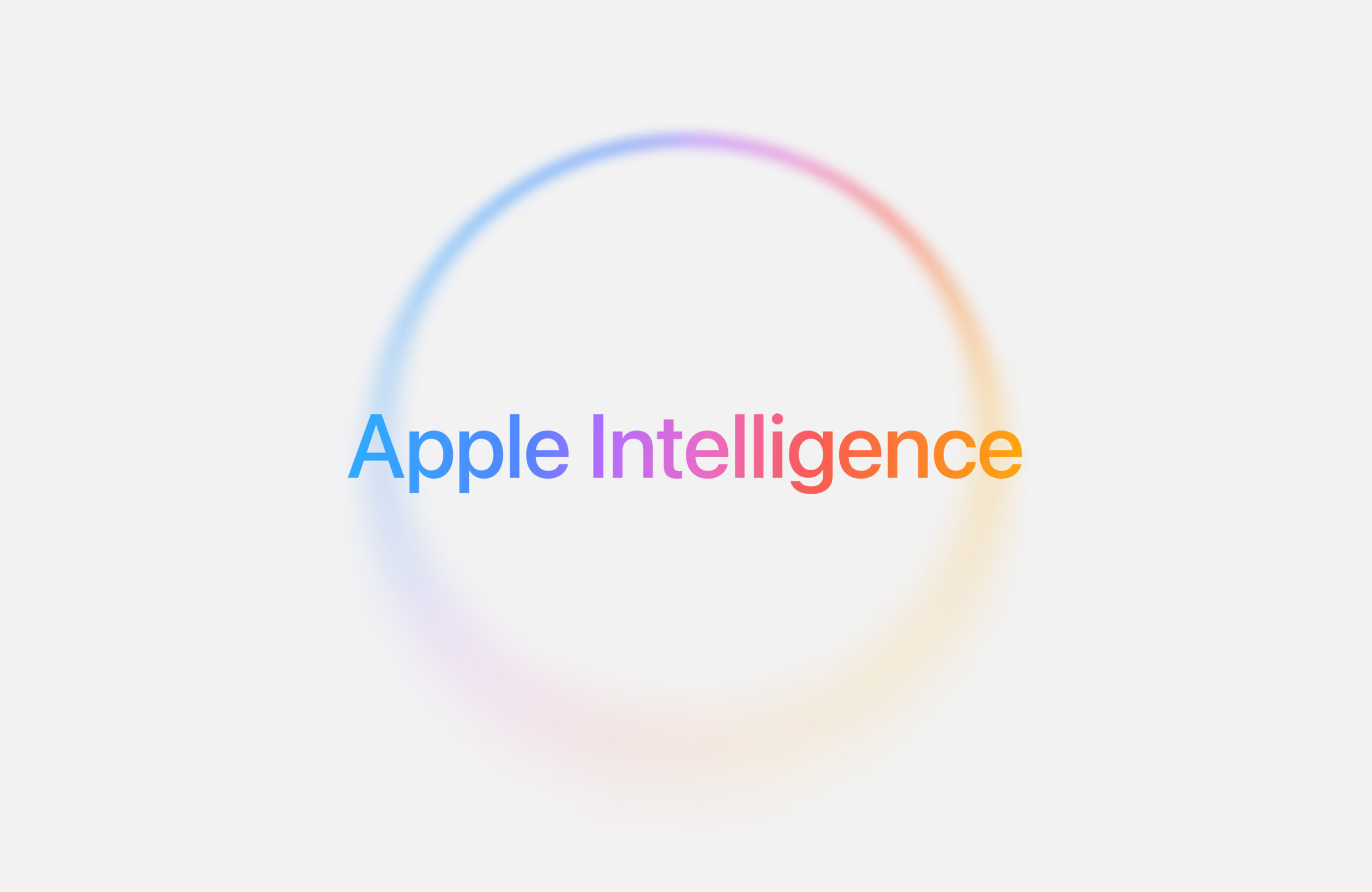Apple has introduced new updates to make iPhones and iPads both safer and more environmentally friendly. These changes are coming with iOS 17.5 and iPadOS 17.5, which are currently in beta testing.
One important update is a new anti-theft feature that protects your Apple ID and personal data. When this setting is turned on, it adds a delay and extra security steps if someone tries to access your account in an unfamiliar place. For example, if your iPhone is stolen and the thief tries to change your Apple ID or reset your password, they’ll need to wait an hour and pass Face ID or Touch ID checks again. This gives users time to react and possibly recover the device.
Another helpful change is aimed at demo devices in Apple Stores. iOS 17.5 includes a special “Retail Demo Mode” that adds a setting called “Erase All Content and Settings.” This makes it easier for store employees to quickly reset iPhones and iPads after customer use. It’s not meant for regular users, just for demo units in stores.
Apple is also thinking about the environment. A new “Clean Energy Charging” feature will be available for iPads. This feature already exists on iPhones and helps reduce carbon emissions by charging the device when cleaner energy is being used in the area.
With these updates, Apple is continuing its focus on user safety and eco-friendly technology, making their devices smarter and more responsible.

